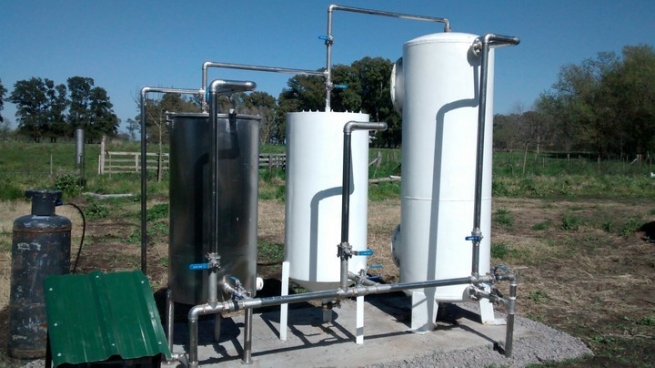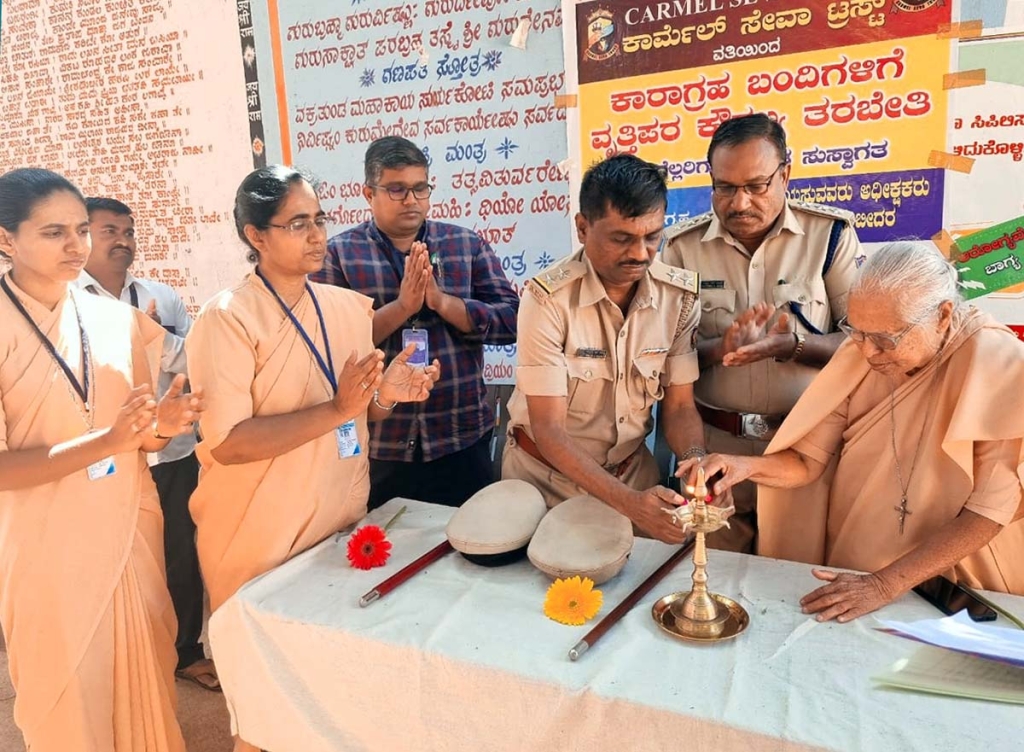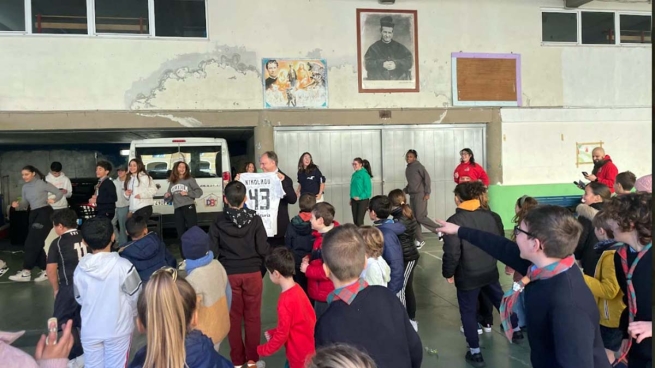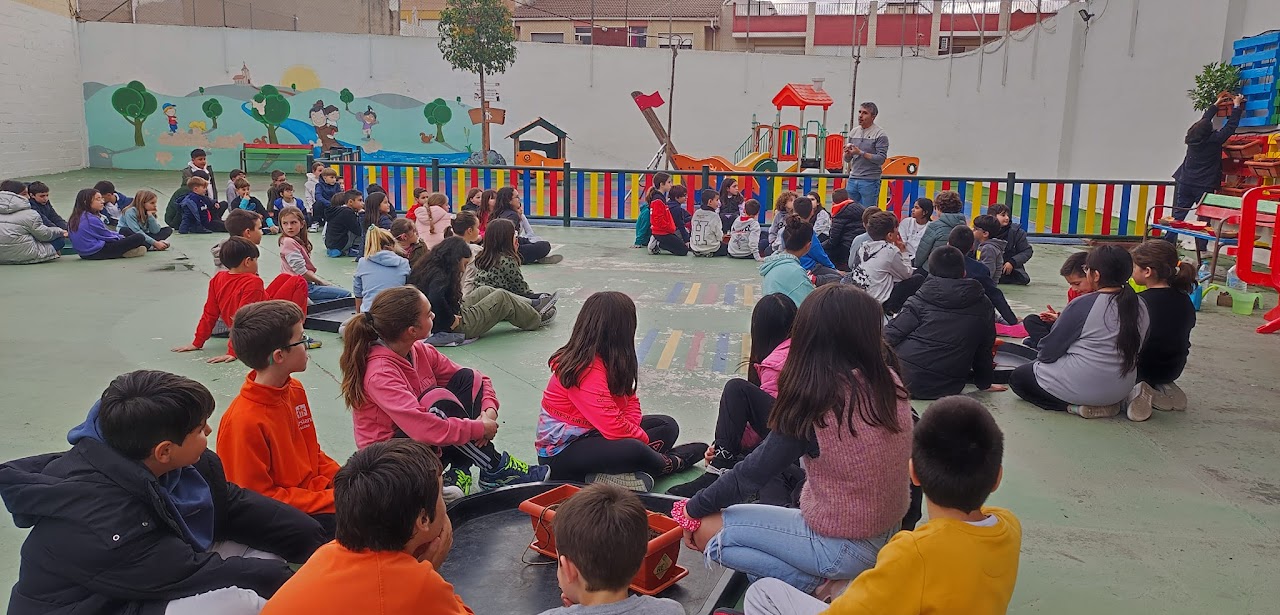ARGENTINA: Salesian Agricultural School launches new biodigestore to turn agriculture waste into clean energy

(MissionNewswire) The Salesian Agricultural School Carlos M. Casares, located in the rural area of Del Valle within Buenos Aires, Argentina, inaugurated a biodigestore, which is able to produce energy from agricultural production waste. According to Dr. Darío Perera, plant director, the biodigestore will be used to generate gas to provide hot water and heating for the school, which hosts 300 students from Monday to Friday.
“We think the biodigestore can be technology that solves environmental problems, both in terms of clean energy and the need to dispose of waste,” says Dr. Perera. “We do not have an accurate estimate of the savings we will have with the biodigestore, but we will gradually increase gas production. The cost to run this technology is very high for a school with limited resources, so we will work with a lab the Salesians have in Germany and establish links with the German government, which has funded this project.”
As a fuel, the biodigestore will count on whey from the dairy industry, animal manure, mainly from pigs, as the school has 60 sows, plus waste material from its 220 dairy cows and about 1,000 chickens. Salesian missionaries teaching at the school note that they are able to include related content about the biodigestore in various subjects offered to students. In addition, as part of their training, students will learn about technical issues related to the biodigestore so they are able to deal with its proper functioning.
The Salesian Agricultural School teaches young farmers a basic education as well as advanced studies in the latest agricultural practices and modern technologies. It also helps move toward more efficiency in farming by exploring and testing new techniques in agriculture, horticulture, floriculture and animal husbandry. Salesian agricultural schools provide both classroom education and hands-on agriculture and livestock training on a working farm on the school campus. With a long history of providing agricultural education, missionaries currently operate more than 90 agriculture schools around the world.
“Many of our students at Salesian agriculture schools are the children of poor farmers,” says Father Mark Hyde, executive director of Salesian Missions, the U.S. development arm of the Salesians of Don Bosco. “We want to provide youth with new farming knowledge and skills so they can make a good life for themselves while helping to support their families and community.”
Salesian programs in Argentina are primarily focused on education. Salesian primary and secondary education in Argentina helps youth prepare for later technical, vocational or university study. Programs also help to support poor youth and their families meet basic needs of shelter, proper nutrition and medical care in order for students to engage in their education and have hope for the future.
More than a quarter of the people in Argentina live in conditions of poverty with no formal employment and poor quality education, according to the World Bank. The country’s high school dropout rate is close to 37 percent and youth account for a third of those unemployed. Almost 12 percent of children aged 5 to 17 are working instead of in school and 20 percent need government assistance. Many face malnutrition, a lack of clean water and sewage, and inadequate housing.
###
Sources:
ANS – Argentina – Salesian agricultural school to produce energy from waste
World Bank – Argentina




